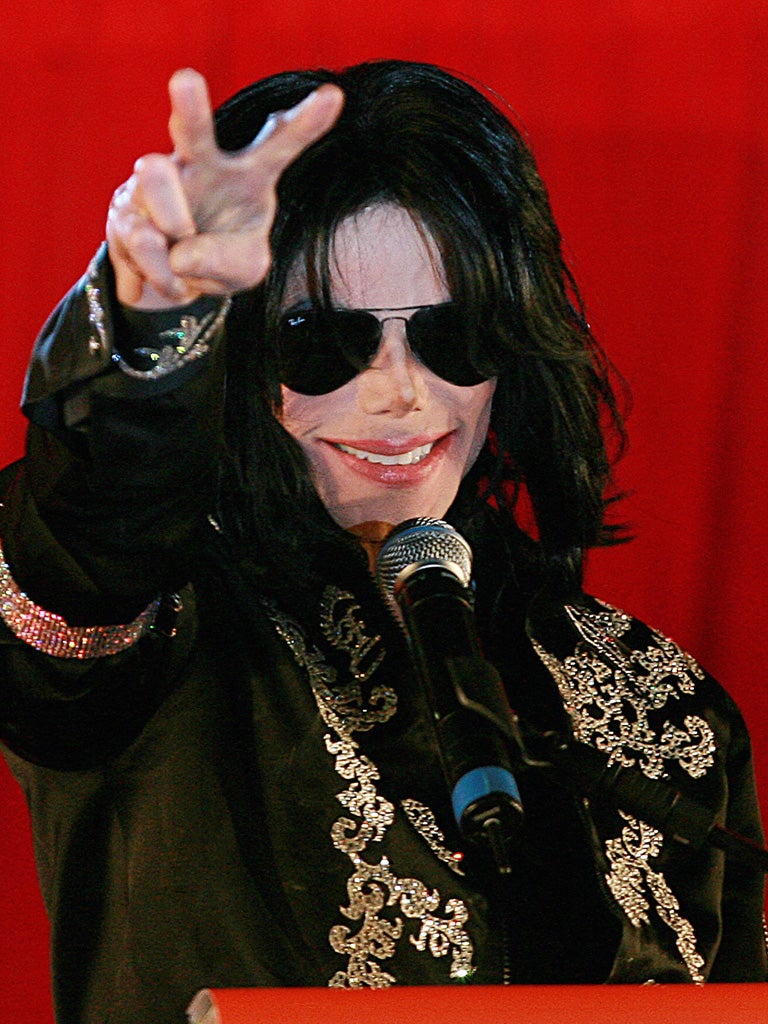
Your support helps us to tell the story
From reproductive rights to climate change to Big Tech, The Independent is on the ground when the story is developing. Whether it's investigating the financials of Elon Musk's pro-Trump PAC or producing our latest documentary, 'The A Word', which shines a light on the American women fighting for reproductive rights, we know how important it is to parse out the facts from the messaging.
At such a critical moment in US history, we need reporters on the ground. Your donation allows us to keep sending journalists to speak to both sides of the story.
The Independent is trusted by Americans across the entire political spectrum. And unlike many other quality news outlets, we choose not to lock Americans out of our reporting and analysis with paywalls. We believe quality journalism should be available to everyone, paid for by those who can afford it.
Your support makes all the difference.The doctor convicted of killing Michael Jackson remained silent during his trial, but Conrad Murray defended himself in television interviews filmed only days before a jury found him guilty of involuntary manslaughter.
Murray defended his use of the surgical anaesthetic propofol to put Jackson to sleep in interviews with NBC's Today show. "I think propofol is not recommended to be given in the home setting," said Murray. "But it is not contra-indicated."
Under questioning by the show's Savannah Guthrie, Murray said it was not necessary to monitor Jackson because he had given him only a small dose of propofol and that was the reason he didn't mention it to paramedics when they arrived at Jackson's mansion.
"That's a very sad reason," he said, "because it was inconsequential – 25 milligrammes and the effect's gone. Means nothing." Ms Guthrie asked: "Well, you told them about the other drugs, but you didn't tell them about propofol?" Murray said: "Because it had no effect. It was not an issue."
The coroner would subsequently find that Jackson, 50, died of "acute propofol intoxication" after a huge dose of the drug complicated by other sedatives.
Murray denied he had became distracted. "You walked out of the room to talk on the phone?" Ms Guthrie asked. "Absolutely, I wanted him to rest," he replied. He insisted Jackson was not on an infusion that would stop his breathing. "I was not supposed to be monitoring him because there was no need."
On the day Jackson died, 25 June 2009, Murray said the entertainer could not sleep and he had given him a very small dose of propofol. He said walking away would have been abandoning a friend.
Meanwhile, the disclosure that Msnbc will air a documentary about Murray outraged the executors of Jackson's estate, who said Murray was getting a prime-time platform to smear Jackson's reputation.
The executors, John Branca and John McClain, demanded the programme, entitled Michael Jackson and the Doctor: A Fatal Friendship, be cancelled. AP
Join our commenting forum
Join thought-provoking conversations, follow other Independent readers and see their replies
Comments